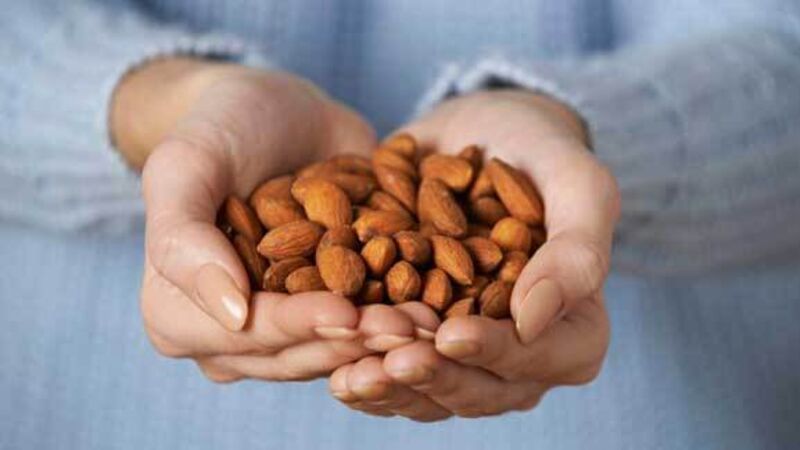Reach for the following nuts if you want a healthy protein snack

A handful of nuts, however, could curb those snack cravings — and boost your health at the same time.
Not only will their concentrated protein content help you feel fuller for longer, but they could protect you from a whole host of illnesses.











